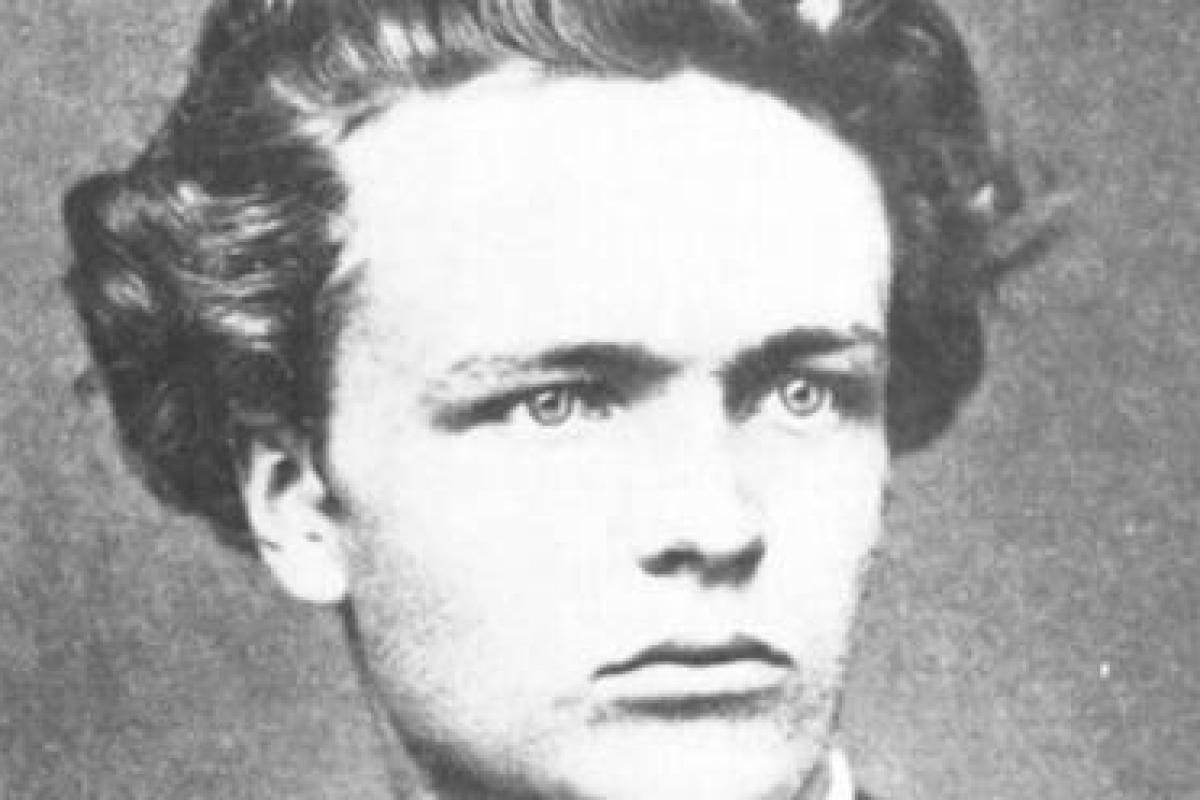August Strindberg’s short one-scene play, The Stronger, features only two characters, one of whom does not speak. Mrs X encounters Miss Y at a café. At first Mrs X talks proudly of her happy marriage and family life, and is sympathetic towards Miss Y’s solitary status. But Mrs X gradually realises that the silent Miss Y has in fact been her husband’s lover. Her anger turns to scorn and she reassures herself that at least her husband is attractive to other women.
‘Why should I take what nobody will have?’
I was quite struck by this sentiment. It’s a rarely acknowledged truth that the scale of someone’s appeal to an individual can be enhanced by the extent of that person’s appeal to other people: we tend to desire the desired.
This is a lesson sometimes lost on the marketing community. We often aspire to a utopian dream of laser-targeted communication: a world without waste, where every message reaches a current or prospective buyer. We imagine that in an ideal scenario our brand could have a tailored, private dialogue with candidate consumers – direct, head-to-head, one-to-one.
But, of course, brands are social entities. They are shared beliefs. The role of marketing is not just to develop depth of appeal with current and prospective buyers. It is also to spread breadth of interest in the wider community - because breadth of belief sustains depth of desire.
I’m sure we can all draw on our own personal experiences of how breadth of belief in a brand helps support a price premium.
Many years ago I was somewhat enamoured of tank tops. (The earnest woollen British variety, not the cotton singlets beloved of American men.) On a quiet lunchtime I wandered into a small Soho menswear shop and picked up a smart grey number with a cool monkey logo. I tried it on and liked what I saw. I strode confidently to the till. Feeling cavalier, I’d not inspected the price tag. And when the attendant asked for an eye-watering amount of money, I didn’t flinch - I didn’t want to give him the impression that I thought it was expensive. But I walked back to my office in a cold sweat, my heart pumping, thoughts racing. Surely this was a mistake. A grey woollen tank top couldn’t possibly cost that much. At my desk I pulled out the receipt to discover that there really was no error at play. I’d inadvertently walked into a shop that specialised in rare and exclusive Japanese street wear.
A few days later, still smarting from my naivety, I wore my regretted purchase to a fashionable bar. An attractive young barmaid served me a consoling gin and tonic. She paused for a moment as she handed me my change. ‘I love your Bathing Ape tank top.’ Suddenly the exorbitant price didn’t seem to matter anymore. In fact, it all seemed rather good value.
As August Strindberg knew, we tend to desire the desired.
This article originally appeared on jimcarrollsblog.com



